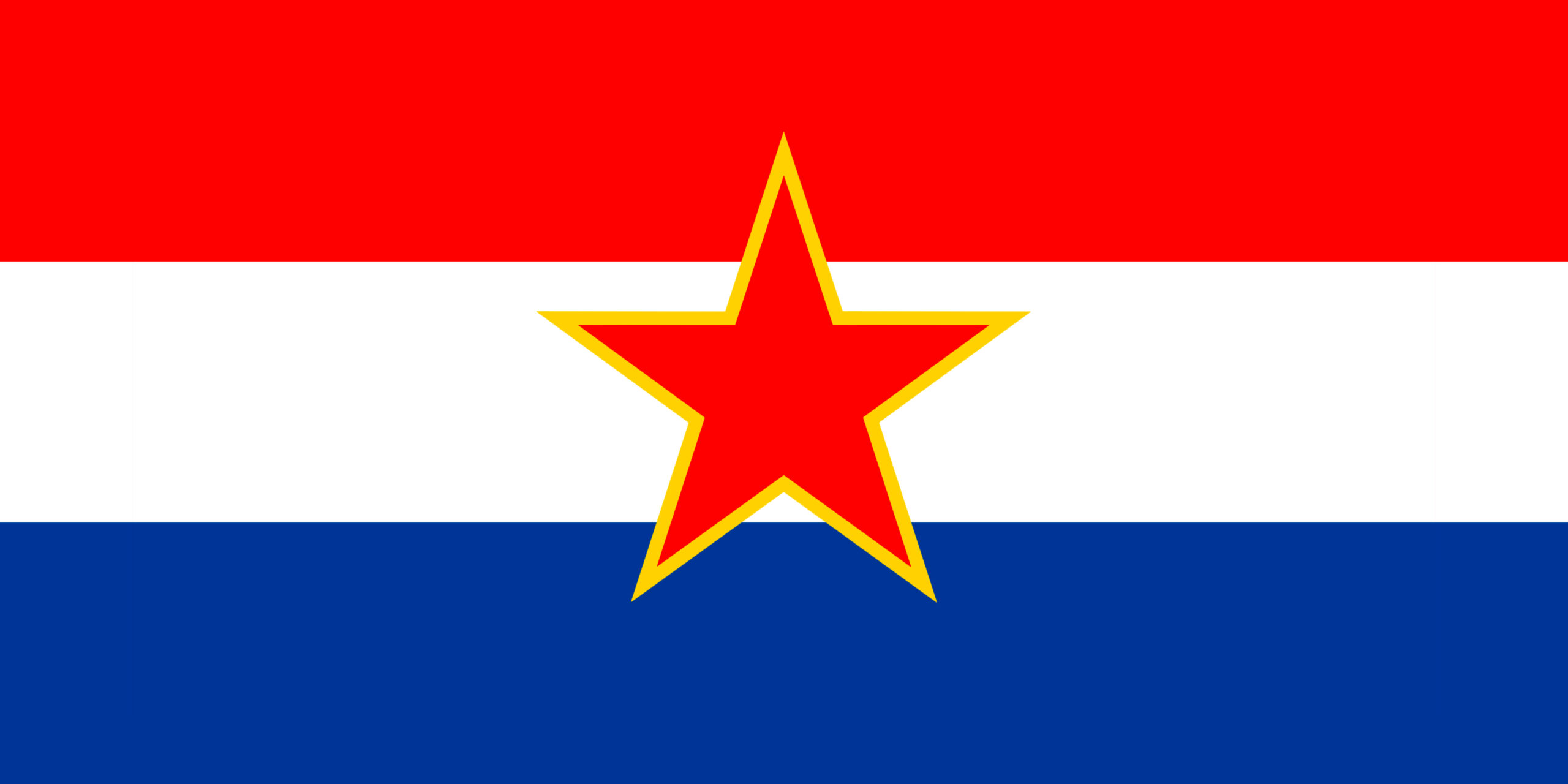The Unexpected Collector
I never set out to become a collector. At least, not in the traditional sense. I don’t have rare coins or antique stamps. What I do have is a growing collection of everyday objects from a country that no longer exists: Yugoslavia. Old matchboxes, detergent labels, chocolate wrappers, soda bottles, notebooks, and factory pins, items once taken for granted, now almost forgotten.
Each piece I collect is a small act of preservation. Not just of packaging or design, but of memory. Of an economy that functioned in its own way. Of a time when industry meant more than GDP it meant identity, pride, and a shared future, however flawed or fragile.
Born from Disappearance
I was born in Yugoslavia, a nation that disappeared during my lifetime. That’s an odd sentence to say aloud. One day, we were living in a unified socialist republic; the next, our maps, currencies, and institutions were all being redrawn. The war took much. But so did the quiet erasure that came after, the shift to privatization, foreign imports, and a new vocabulary of consumption.
What disappeared along with the country were the brands that filled our homes and kitchens. Varteks jackets, Cockta cola, Plavi Radnik notebooks, Radenska water, and Gorenje appliances (some of which still survive in new forms). For years, I saw these names vanish from store shelves, replaced by Western labels that felt foreign and sterile.
That’s when the collecting started. Not out of nostalgia, exactly but out of a need to remember what the world once looked like through a Yugoslav lens.
Packaging as Memory
I keep most of my collection in boxes and folders, stored carefully like a strange kind of archive. There’s something moving about the packaging design of that era. It was often bold, minimalist, and functional with sharp typography and strong colors. There was pride in the aesthetic of the everyday.
A bottle cap from Pipi orange soda isn’t just aluminum. It’s a memory of childhood summers. A cardboard sleeve from a Yugoslav record label isn’t just decoration. It’s a glimpse into what people danced to, dreamed of, or gifted to each other.
Design mattered, even in planned economies. Maybe especially in planned economies, where scarcity gave every item more symbolic weight. You didn’t just throw things away. You saved tins and jars, you repaired appliances, you sewed patches on your Varteks trousers. And when something new appeared in your pantry, it felt like a small event.
Factories and Futures
My collection also includes industrial catalogs, employee badges, and factory postcards. These are perhaps the most haunting. They speak not just of consumer goods, but of an entire philosophy: that industry could build a future for the people. Factories were more than workplaces; they were community centers, symbols of progress, and even sources of local pride.
In Yugoslavia, it wasn’t uncommon for people to take photos in front of their workplaces, proudly posing with their coworkers. You don’t see that today. Partly because work has become more precarious. But also because that sense of collective belonging has frayed.
When I look through a catalog from a now-closed textile factory in Slovenia or Serbia, I don’t just see products. I see dreams. I see the belief that a domestic economy could support dignity, not just demand efficiency.
Between Nostalgia and Critique
I’m aware that collecting these items can be seen as romanticizing a system that was far from perfect. There were shortages, inefficiencies, and political repression. My archive doesn’t ignore that. But it offers a more textured view, one that honors the complexity of what was lost.
Nostalgia isn’t about pretending things were ideal. It’s about acknowledging that something meaningful once existed. That people found beauty and pride even within a system that eventually collapsed. And that the disappearance of everyday objects tells us just as much as the disappearance of flags or leaders.
Why It Matters Today
In today’s world of digital everything, fast fashion, and disposable design, there’s something grounding about holding a 1980s Yugoslav notebook in your hand. It’s real. It’s physical. It has weight, texture and story.
My collection is a counterpoint to the algorithm. It resists forgetting. It reminds me and I hope others that identity isn’t just in grand narratives or history books. It’s in what we ate, wore, and built together. It’s in the brand of soap our grandparents used. The wrapping paper of a birthday gift. The label on a glass of mineral water.
There is value in remembering these small things. They tell us who we were and maybe, who we still are.
Preserving a Disappearing World
I often imagine what future historians will make of my collection. Will they see it as quaint? Political? Melancholy? Maybe all three.
But for me, it’s personal. It’s how I make peace with the past. How I stay connected to a country that shaped me—even as it was being dismantled. How I carry forward not just the facts of history, but its textures, flavors, and colors.
In archiving a lost economy, I’m not trying to rebuild Yugoslavia. I’m simply trying to remember it honestly, tenderly, and with the respect that ordinary things deserve.
Sometimes, that’s enough.
